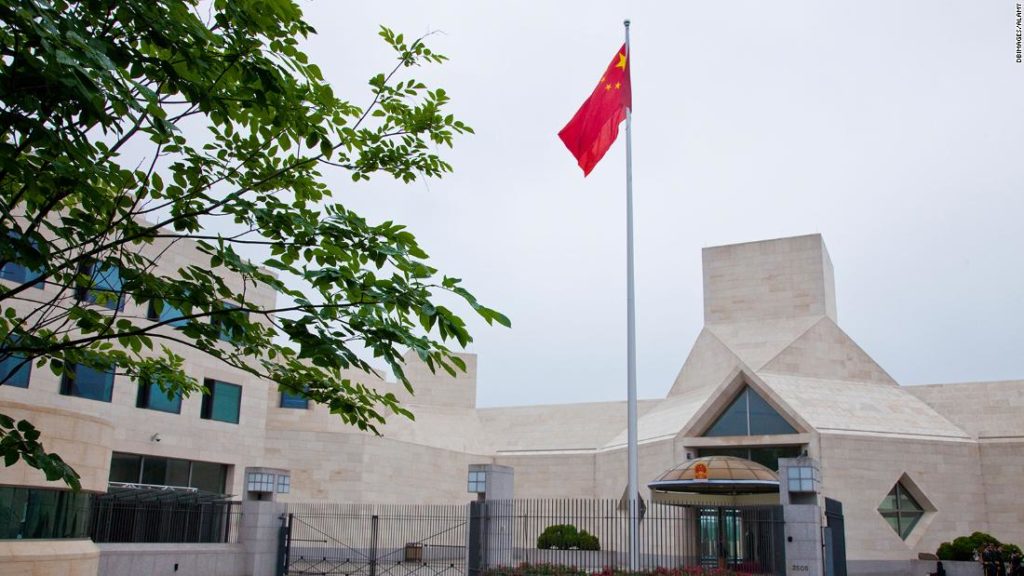At a regular briefing in Beijing on Thursday, a Chinese Foreign Ministry spokesperson defended the embassy’s actions.
“China is … a major victim. There are many false and ugly [pieces of] information about China on Xinjiang-related issues. Of course, the Chinese Embassy in the US has responsibilities and obligations to clarify the facts and explain the truth,” Hua Chunying argued, hitting back at Twitter’s “restrictive measures.”
“We hope Twitter can uphold the principle of objectivity and impartiality, not to show double standards on this issue, but to strengthen screening, and identify what is false information, what are rumors and lies, and what is fact and truth.”
The United States has officially determined that China is committing genocide and crimes against humanity against Uyghur Muslims and ethnic and religious minority groups who live in Xinjiang.
“This genocide is ongoing, and… we are witnessing the systematic attempt to destroy Uyghurs by the Chinese party-state,” former US Secretary of State Mike Pompeo said in a statement Tuesday, on the last full day of the Trump administration.
A Twitter spokesperson said that the tweet had violated the company’s content policy, which prohibits “the dehumanization of a group of people based on their religion, caste, age, disability, serious disease, national origin, race, or ethnicity.”
The tweet is now “no longer available” on the platform.
The Chinese embassy, for its part, has not tweeted since January 9.
It is not clear whether the embassy intends to delete the post to restore its account. The delegation in Washington did not immediately respond to a request for comment outside regular US business hours.
US law shields social media companies from responsibility over what is posted on their platforms. Lawmakers from both parties agree the law needs to change; they just don’t agree on how.
“I hope that there will not be some kind of overreach in measures adopted that will silence speech or take the wrong approach,” said Cindy Cohn, the executive director of the Electronic Frontier Foundation, a non-profit that defends online civil liberties, referring to global efforts to regulate the space.
— Brian Fung, Scott McLean and CNN’s Beijing bureau contributed to this report.
You may also like
-
Afghanistan: Civilian casualties hit record high amid US withdrawal, UN says
-
How Taiwan is trying to defend against a cyber ‘World War III’
-
Pandemic travel news this week: Quarantine escapes and airplane disguises
-
Why would anyone trust Brexit Britain again?
-
Black fungus: A second crisis is killing survivors of India’s worst Covid wave

